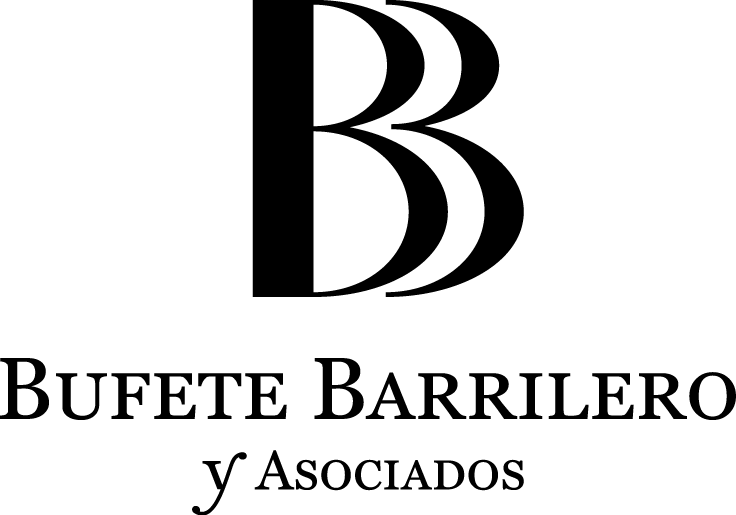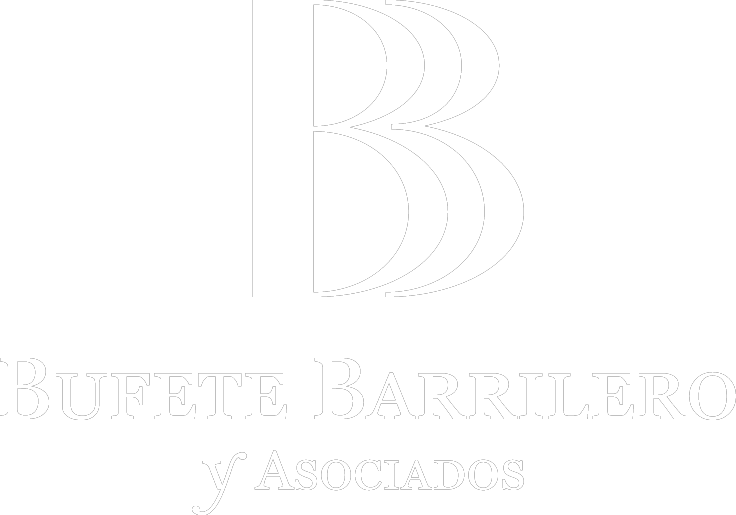Up until the recent outbreak of the global COVID-19 pandemic, corporate businesses and private institutions had a well-structured internal organization and business activity in accordance with corporate regulations and private law regulations. The public health crisis has, however, disrupted the status quo.
The crisis that arise in our lives force us to face unexpected challenges from which we learn valuable lessons. The present crisis will undoubtedly bring about a permanent change to society and will have a deep impact not only in the way people live but also in the way businesses are managed.
In under three weeks, many companies have efficiently implemented remote working for their employees maintaining their business activity. Are we on the verge of a new technological revolution? Most likely we are.
Although we are starting to learn what works and what doesn’t work for business continuity and profitability within the new COVID-19 scenario, there is still uncertainty on a number of issues. How can we best ease the impact on our company’s corporate governance? How do we protect the interests of our shareholders or board of directors? How and when should the companies submit their annual accounts? How and when should the shareholder’s and the board of director’s meetings be held and take place?
In the season when business is at its most active and entrepreneurs, business managers, directors, shareholders, etc., are already inundated with work, there seems to be no end to crisis-related decision-making. Those who implement timely measures and, most importantly, plan for what is ahead, will be the ones who thrive through the present scenario, whilst avoiding future casualties and liabilities.
A businesses most pressing issues in the current climate will depend on organizational structure, whether it is incorporated as a limited liability company, a general partnership, a corporation cooperative, a foundation or a public listed company. *
GOVERNING BODIES AND ANNUAL SHAREHOLDERS’ MEETINGS
In order to adopt all relevant resolutions where appropriate, under the present circumstances, all operating entities shall ensure that their governing and management bodies; the board of directors and partnerships for the private law institutions, cooperative steering committees, and the foundation’s patronage, adjust and comply with the new session and adoption of resolutions systems as provided by any and all existing law and in the light of latest regulatory activity.
ANNUAL ACCOUNTS AND GENERAL SHAREHOLDERS MEETING
To the present effects, we must underline the importance of not failing to address and incorporate to the annual accounts, as well as to the audit’s report, any event that has taken place as result of the COVID-19 crisis following the closing of the fiscal year ended as of December 31st 2019.
Likewise, in consideration of the time of the year when annual accounts are submitted and approved and the general shareholders meetings take place: the obligation to submit the company’s annual accounts, ordinary or simplified, individual or consolidated, within a three month period upon the closing of the fiscal year will remain suspended throughout the state of emergency, and resumed for an additional three month period as of the lifting of the state of emergency. Nevertheless, there are still further scenarios, such as the submission of annual accounts throughout the state of emergency or the submission of the same prior to the declaration of the state of emergency, which shall be subject to additional review to ensure their compliance with new certification requirements and deadlines.
The general shareholder’s meeting, the convening and holding thereof, and the adoption of resolutions have also been altered, as a matter of a fact, the proposal on the allocation of the company results, may be modified as they may have been considerably affected by the COVID-19 crisis, which in any case shall observe the new certification requirements.
DISSOLUTION
In the event of a company dissolution, this will only be effective following two months since it was completely dissolved. Moreover, the general shareholders meeting will be suspended until the state of emergency is over should the legal or statutory reasons for the company’s dissolution have arisen before or during the state of emergency. However, the company’s directors will not be held liable for debt arising due to and throughout the state of emergency when the legal or statutory reasons for dissolution arise during the same.
OTHER IMPORTANT ISSUES
Additionally, the exercise of other rights and interests have been affected accordingly and/or postponed, such as: shareholders’ right of separation or cooperative partners’ reimbursement of contributions.
PUBLICLY LISTED COMPANIES CORPORATE GOVERNANCE
It is important to take into account the various specific measures that have been passed throughout 2020 affecting companies that trade their equity securities on the EU markets, and that will considerably affect the way they pass their annual accounts and the way their governing bodies adopt resolutions.
FOREIGN CAPITAL OPERATIONS AND TRANSACTIONS, AND OTHER MONEY LAUNDERING PREVENTION MEASURES
All business managers shall pay attention to their foreign investments as the relevant regulations across the globe have been altered.


